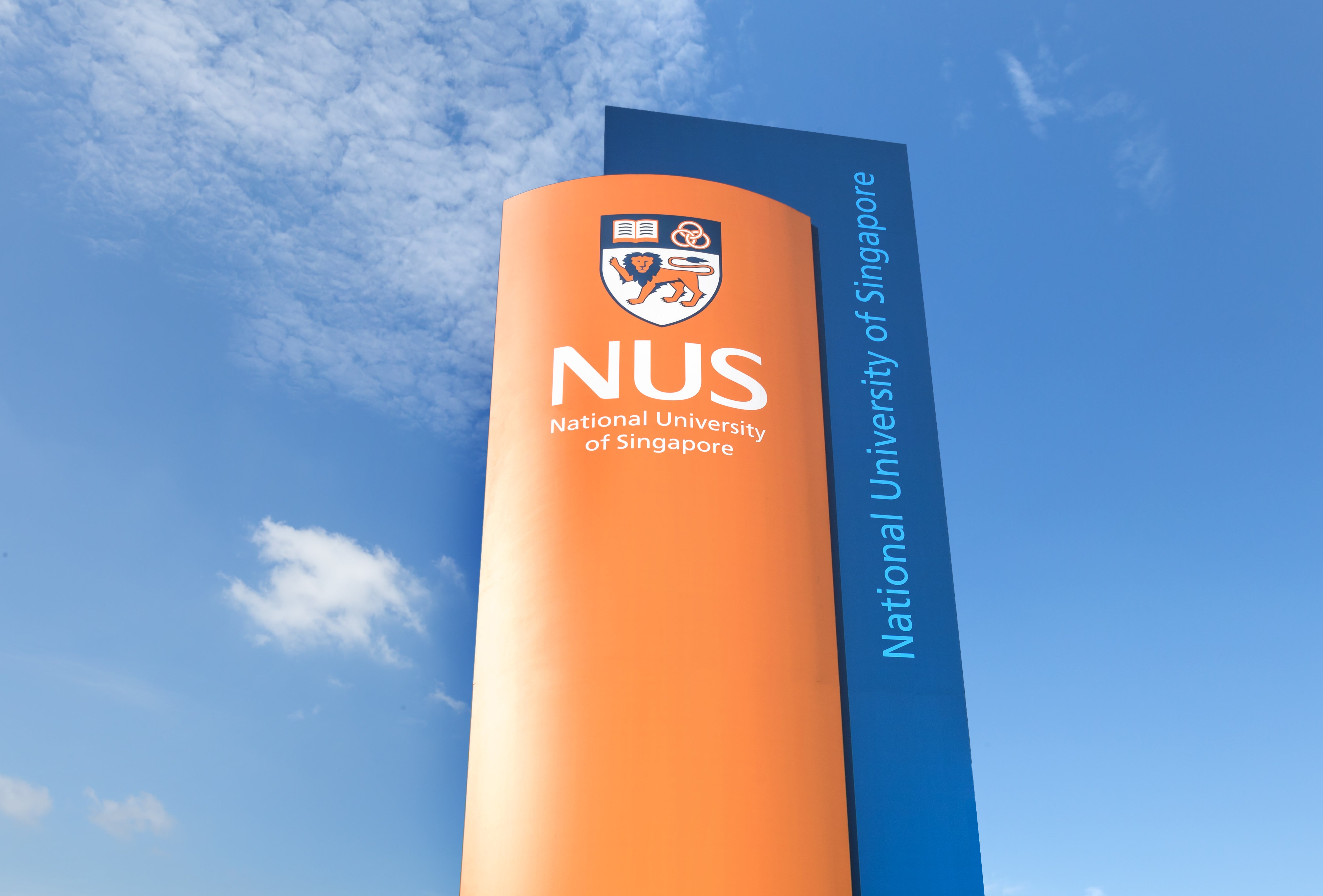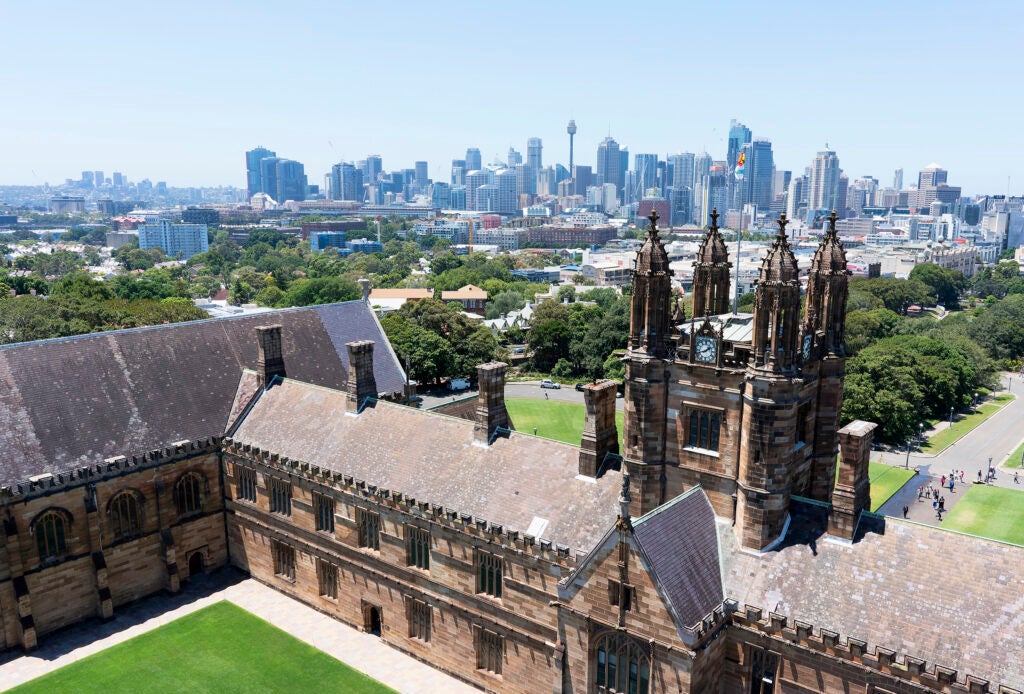Today we unveil our annual list of Highly Cited Researchers™. We congratulate some 6,600 scientists and social scientists for demonstrating significant influence among their peers in their chosen field (or fields) through the publication of multiple highly cited papers during the last decade. These highly cited papers rank in the top 1% by citations for field and year from 2010 – 2020.
Our list recognizes that small fraction of the researcher population that contributes disproportionately to extending the frontiers of knowledge in ways that make the world healthier, richer, more sustainable and more secure.
We understand that recognition and support of this scientific elite is an important activity for both nations and research institutions, as they seek to evaluate and plan future investment to accelerate advancement.
Regions of research excellence
The United States remains home to the highest number of Highly Cited Researchers in the world again this year with 2,622, which is almost 40% of the global total. U.S. institutions represent six of the top ten. Harvard University once again is the home of the highest number, with 214.
The advance of Mainland China continues. It now boasts its highest tally ever with 934 Highly Cited Researchers named this year. In just four years, Mainland China has doubled its share of the Highly Cited Researchers population – further evidence of its expanding contribution to the global scientific community.
The United Kingdom is in third position with 492 researchers (7.5% of the total). Although its share of the total list has fallen, this is still notably high, given that the United Kingdom has a population one-fifth the size of the United States and one-twentieth the size of Mainland China.
On the other side of the world, in a country of 25 million, research institutes in Australia continue to punch above their weight. We name 332 researchers on our list at research institutes in Australia this year – an increase in share to 5% (from 4% in 2018). Australia edges into fourth place ahead of Germany. The Netherlands is sixth with 207 researchers, remarkable for a country with a small population of 17 million. Hong Kong is another impressive story, increasing its number of Highly Cited Researchers from 60 to 79.
While the headline story this year is of sizeable gains for some countries, we are also heartened to see citation impact extending further across the globe. For the first time, we welcome researchers from Bangladesh, Kuwait, Mauritius, Morocco and the Republic of Georgia to the family of the most Highly Cited Researchers.
Talent begets talent
An outstanding faculty is the lifeblood of every notable research institution, and this year our Highly Cited Researchers are based at more than 1,300 institutions all over the world. We’re pleased to showcase some institutions that excel in a competitive global environment, supporting their Highly Cited Researchers in a way that encourages collaboration, facilitates career growth and accelerates highly innovative research.
This year our executive summary shines a spotlight on some of the institutes which are home to the world’s most highly cited scientists and social scientists. We asked what it means to them to have their colleagues recognized by their global peers for their highly cited published works, and how they build an environment of support to enable all their researchers to flourish.

The University of the Witwatersrand, Johannesburg (Wits), South Africa
There are multiple reasons that an institution attracts great talent, which makes it difficult to distill to just one or two matters. However, some factors that make Wits University appealing include their 100-year history of top scholarship (they celebrate their centenary in 2022) – a history filled with leading scholars who have been brave enough to speak truth to power, even when it was not convenient to do so, and research that has global impact, such as that of Wits alumnus and Nobel Laureate, Sydney Brenner. Similarly, Wits’ Highly Cited Researcher for 2021, Professor Frederick Raal, is world-renowned and a game-changer in advancing lifesaving treatments for familial hypercholesterolaemia.
“At Wits… we strive to achieve impact through quality research. Thus, sharing information about our Highly Cited Researchers encourages others to strive for greater quality and impact.”
Wits University has a range of mechanisms to support research excellence. The academic research career is developed around the process of building a reputation of excellence in a coherent field of knowledge.
Talent begets talent and at Wits, people begin to collaborate in an environment that encourages and expects and delivers quality.

The National University of Singapore
The National University of Singapore (NUS) is home to 32 Highly Cited Researchers in 2021. This recognition is testament to the talent of the research community, and the resources invested in research from the university, its partners and the Singapore government.
“We appreciate the role the annual list of Highly Cited Researchers plays in promoting top researchers of the university.”
NUS has invested heavily in cutting-edge research capabilities that span multiple disciplines. It has also established numerous interdisciplinary platforms where researchers of varying levels of expertise are brought together to approach their ideas collaboratively.
The university has also invested in the recruitment of top researchers from around the world to lead research programs and mentor young up-and-coming researchers. This has created a rich research ecosystem that enables researchers to make significant impact within their fields.
NUS is a research-intensive university that works closely with government and industry partners to conduct research addressing real-world needs, through knowledge generation and innovative solutions.

The University of Sydney, Australia
The University of Sydney is home to 30 Highly Cited Researchers in 2021 – making exceptional contributions to their research fields. The university is proud to recognize and support their research which is advancing knowledge and addressing key global issues.
The university invests significantly in its researchers, supporting them through career development, project funding and world-class research facilities. The university has committed to harnessing the depth and breadth of its research in innovative ways to address some of the biggest challenges facing the world today, in partnership with government, industry and community.
Specialist teams at the University of Sydney help secure competitive national funding and internal funding schemes, mentor up-and-coming researchers, provide project funding for innovative research, and facilitate collaborations on campus and with industry.
“The Clarivate list is one way of identifying and recognizing researchers who are undertaking globally significant research, which is benefiting our community.”
These researchers are at the very top of their fields, conducting important work ranging from understanding the emergence and spread of viruses, to developing new technology for renewable energy and advancing artificial intelligence. The university is proud of their success and grateful for their dedication to conducting world-class research which makes our society better.
Read our executive summary for a fuller understanding of the researchers on our list and the institutions which support them.




